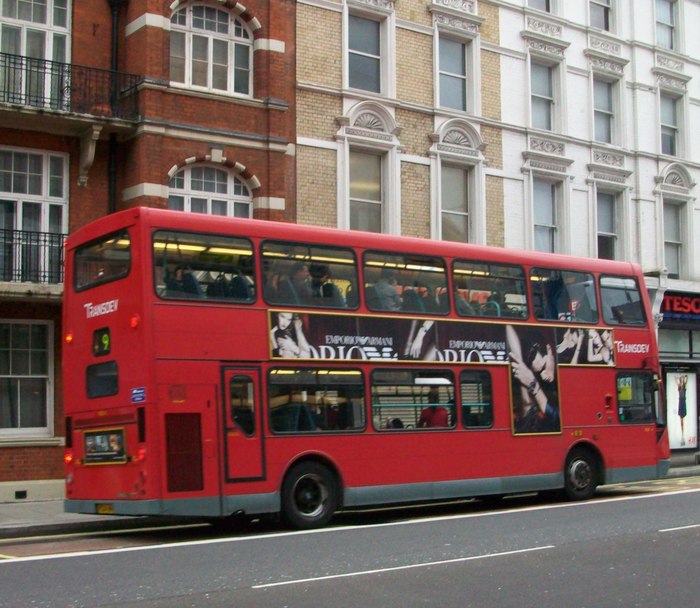
How to deal with employees who fail drug/alcohol tests
Make sure you act reasonably towards an employee who fails a drugs or alcohol test, taking into account their employment record, what your policies say, any explanation your employee gives you (which might trigger a need to investigate further) and the effect any sanction you impose might have on your employee’s future employment prospects.
In one case, a bus driver of 20-years standing, aged 61 and diabetic, was given a random saliva test pursuant to its drug and alcohol testing policy, and tested positive for cocaine.
The driver denied cocaine use, suggested the trace may have come from banknotes, and had their own test carried out on a hair, which was negative.
The employer ignored the results of the hair test as it had not been carried out by its own tester. It re-tested the saliva sample with a second tester, and the sample continued to show positive. The laboratory reported it was highly unlikely that banknotes could be the cause of the positive finding.
Following a disciplinary hearing the driver was dismissed for gross misconduct for being under the influence of drugs, and their two internal appeals failed. They claimed wrongful and unfair dismissal.
The ruling made was in the driver’s favour on grounds the employer’s investigation, and its decision to dismiss him, were outside the range of reasonable responses that could be expected of an employer. Reasons included the following:
The employer should have taken account of the results of the driver’s independent hair test. Its claim that it was not its policy to do so was not correct, as the policy did not deal with the issue at all.
The manager conducting the disciplinary hearing had ignored the driver’s offer to take a second test, had not told them the employer was having their saliva re-tested (so they were unable to comment on it), and cast doubt on the results of the hair test without any evidence to back up their opinion.
Failing a drugs test was not listed among the examples given of gross misconduct in the employer’ disciplinary policy.
Failing the test did not necessarily mean the driver was under the influence of drugs – the reason given for their dismissal.
The ET said a reasonable employer would have run the test again, especially given the driver’s 20-year employment record and the fact a dismissal effectively ended their career.
There was also doubt whether the managers conducting the disciplinary hearing and the appeal genuinely believed the driver was guilty, the suspicion being that they were simply following the policy.
So if in doubt about whether your plan for dealing with an employee who has failed a drugs or alcohol test, make sure you touch base with your solicitor, or risk legal claims against you.
In contentious business, a solicitor may not calculate fees or other charges as a percentage or proportion of any award or settlement.
